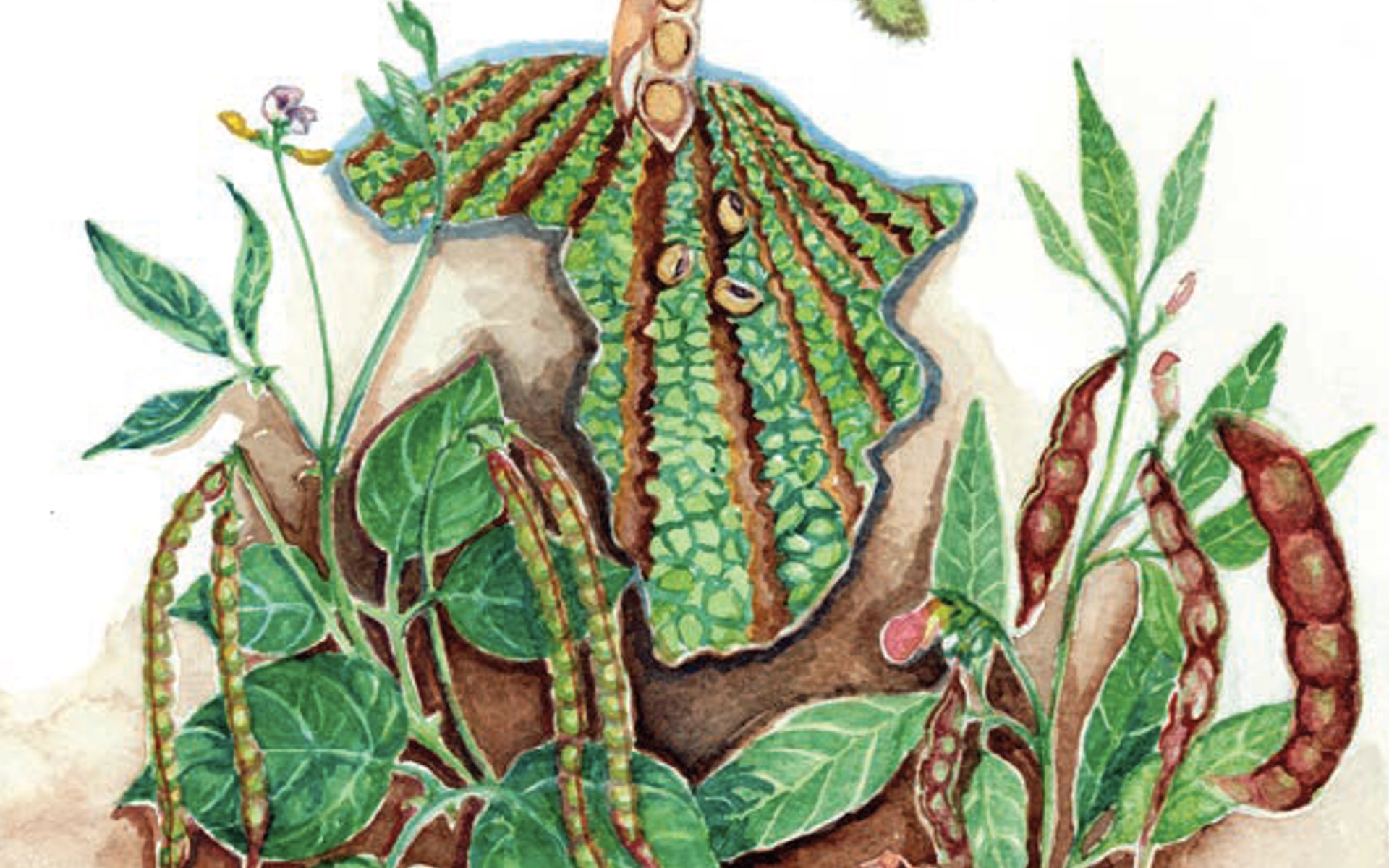Latest Resources

13 February 2017
Bayer-Monsanto merger: An existential threat to South Africa’s food system
In December 2016 Monsanto shareholders voted in favour of the sale of the company to Bayer for US$66 billion, making it the largest-ever foreign corporate takeover by a German company. Both Bayer and Monsanto are major global manufacturers of agrochemicals and seeds, including genetically modified seed. A merged entity would be the world’s largest supplier […]

2 February 2017
Against the odds, smallholder farmers maintain agricultural biodiversity in South Africa
This report is a result of research conducted in partnership with Tshintsha Amakhaya, Farmer Support Group, TCOE Zingisa and Surplus People Project. The report investigates the state of farmer-managed seed systems in rural South Africa. Through three case studies in Eastern Cape, Northern Cape and KwaZulu-Natal, the report highlights both the fragility and perseverance of […]

30 January 2017
Standing up for farmer-saved seeds, agrobiodiversity and seed sovereignty! ACB commenting on revi...
The ACB submitted comments on the Plant Breeders’ Rights and Plant Improvement Bills, to the Select Committee on Land and Mineral Resources on the 24th January 2017. These bills restrict the saving, trading, exchanging, and sale of seed. This can have massive ramifications on seed and food sovereignty, agricultural biodiversity, access to diverse seed, and […]

13 January 2017
Hands OFF Our Food Systems! Small Farmers NOT Corporates Feed Africa
This lobby paper Who will feed Africans: Small-scale farmers not corporations! produced by the partnership between FoEA and ACB, makes the compelling case for African agriculture to transition towards agroecology and food sovereignty, recognising and strengthening the role of small scale farmers, rather than benefiting few large scale corporations with detrimental ecological, socio-economic, and nutritional […]

17 November 2016
New Lobby document from ACB: transitioning out of GM maize in SA
This four-page document summarises the recent report published by the African Centre for Biodiversity: Transitioning out of GM maize: to agroecology for sustainable, socially just and nutritional food systems, that argues that we need to urgently shift away from the mono-focus on a maize towards embracing a diversity of crops – particularly indigenous African summer […]

15 October 2016
World Food Day – South Africa faces drought, rising food prices and false promises of GMOs
To cope with drought and rising food prices, we need to urgently move away from genetically modified food and towards indigenous African crops. So warns the African Centre for Biodiversity (ACB). “We need to urgently shift away from maize towards embracing a diversity of crops – particularly indigenous African summer grain crops such as sorghum […]

14 October 2016
Transitioning out of GM maize: Current drought is an opportunity for a more resilient and just fo...
Coinciding with World Food Day, the African Centre for Biodiversity (ACB), in a new report titled “Transitioning out of GM maize: towards nutrition security, climate adaptation, agro-ecology and social justice” makes a compelling case for South Africa to urgently transition out of GM maize production, to systems that are socially just, ecologically sustainable and provide […]

5 October 2016
Farmer-managed seed systems in Dowa, Malawi: A legacy of eroded confidence and agricultural diver...
This report is the product of field work conducted by ACB and Kusamala Institute for Agriculture and Ecology in Dowa district in central Malawi. The objective of the research was to deepen our understanding of the role of farmer seed varieties in smallholder production systems that have come under heavy pressure from concerted Green Revolution […]

16 September 2016
Mapping farmer seed varieties in Manica, Mozambique: initial investigations into agricultural bio...
This scoping exercise to deepen our understanding of the current context of seed use, main crops and varieties in the research localities in order to gather evidence of the ongoing importance of farmer seed systems in the agricultural practices and livelihoods of smallholder farmers, to identify cases of biodiversity loss and to use this information […]

29 August 2016
N2 Africa, the Gates Foundation and Legume commercialisation in Africa
This report considers the N2Africa programme, which aims to develop and distribute improved, certified legume varieties (soya, common bean, groundnut and cow pea); promote and distribute inoculants and synthetic fertiliser; and develop commercial legume markets for smallholder integration in 13 countries in sub-Saharan Africa: Tanzania, Uganda, Ethiopia, Nigeria, Ghana (core countries); Kenya, Rwanda, Democratic Republic […]
